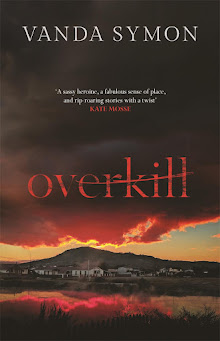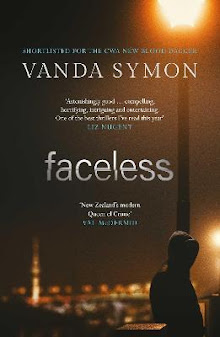
The Suspicions of Mr Whicher or The Murder at Road Hill House by Kate Summerscale.
This book recently won the 2008 Samuel Johnston Non-fiction Prize, and having finished it this morning, I understand what the fuss is about.
The Suspicions of Mr Whicher is not just an insight to a horrific nineteenth century crime, but also a look into the intricacies of life at that time.
The Kent Family, of Road Hill House , Wiltshire, wakes one morning in 1860 to discover the vicious murder of three year-old Saville Kent. The house had been secured for the night, so the only reasonable conclusion is that the crime was perpetrated by a member of the household - whether family, or staff. It is a crime which grips the nation in hysteria and every one has their theory.
Enter Mr Jack Whicher, of Scotland Yard, one of a new breed of policing the public is still very suspicious of - the detective. Whicher comes to his own conclusion, which causes an uproar, and leaves him the target of hatred and derision. Whicher in a way commits the ultimate crime in classist Britain - a lower-class man examining and then accusing someone in a middle-class family.
This is where Summerscale's book is fascinating reading, and a great resource for a writer looking at that period in history. She uses what could be seen as mundane daily detail to show a graphic picture of what life was like in 1860's Britain for the middle classes, their staff and local community.
She is also very detailed in her recording of Jack Whicher's undertakings, his methods of detection and the stigma and social prejudice against him and the new phenomenon of detectives.
Another fascinating aspect that Summerscale brings into the book is the effect the case had on fiction writing at the time, and the inspirations drawn from Whicher and his ilk by writers of detective fiction and murder mysteries. She cites Wilkie Collins, Charles Dickens, Sir Arthur Conan Doyle and Henry James as examples.
The Suspicions of Mr Whicher rises far beyond a detailed look into the findings and reasoning behind a heinous crime. It gives a unique perspective into the social climate at the time and the effect the case, the detectives and the characters had on literature.
It's compelling reading.
Bookslut has an interesting interview with Kate Summerscale here.









No comments:
Post a Comment